From Gamer to Game Developer: How Kids Can Transform Their Love for Gaming Into a Career
From Gamer to Game Developer: How Kids Can Transform Their Love for Gaming Into a Career
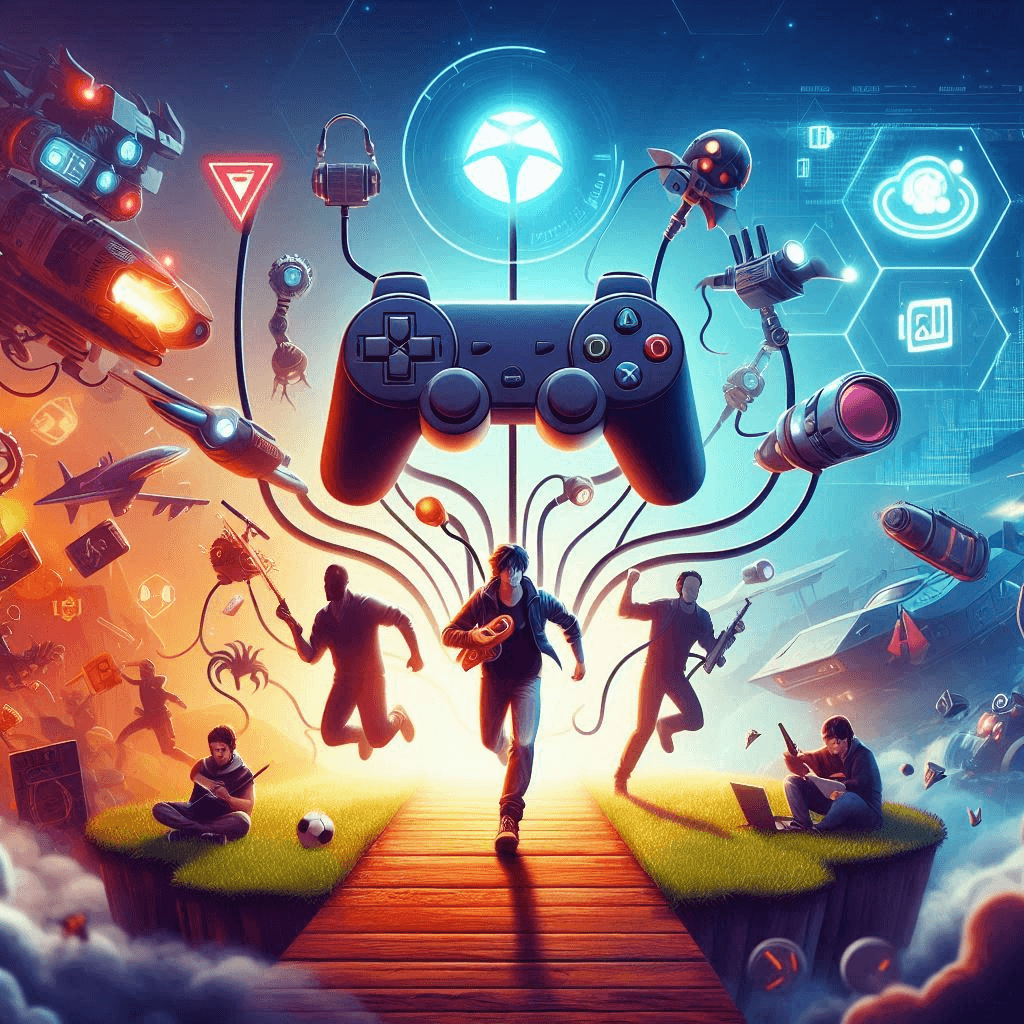
Gaming has shifted from a leisure activity to a massive industry. It now offers many video game careers. For passionate gamers, a dream job is in game development for teens, where they can turn their hobby into a profession. With the right skills, young people can step into game developer careers.
There is a high demand for skilled professionals in game dev careers. Game developers have growing needs. So, there are many jobs in game programming, design, virtual reality game testing, and testing. This makes game development for teens a great career option. It's for those who are ready to learn in a fast-changing field.
Game Development for Teens: Turning a Passion into a Future Career
Game development for teens is a route to fulfilling game developer careers. Many successful developers started as gamers, gaining technical skills like game programming and design. Over time, they built expertise and pursued opportunities in video game careers.
Game dev careers often begin with internships, where teens learn vital skills like problem-solving, creativity, and technology. These experiences help them contribute to all stages of development, from designing game characters to optimizing performance. For those wondering how to start game development, gaining hands-on experience through projects and learning industry tools is essential.
How to Start Game Development: A Step-by-Step Guide for Young Learners
Discover Your Interest: First, explain what part of game development fascinates you. If you limit your strength to game mechanisms, figures or interactivity, it will constrain your path.

Learn the Basics: Platforms like Scratch is even easier. Game Programming is a great entry point for those new to video games. Professional developers are using these popular game engines.
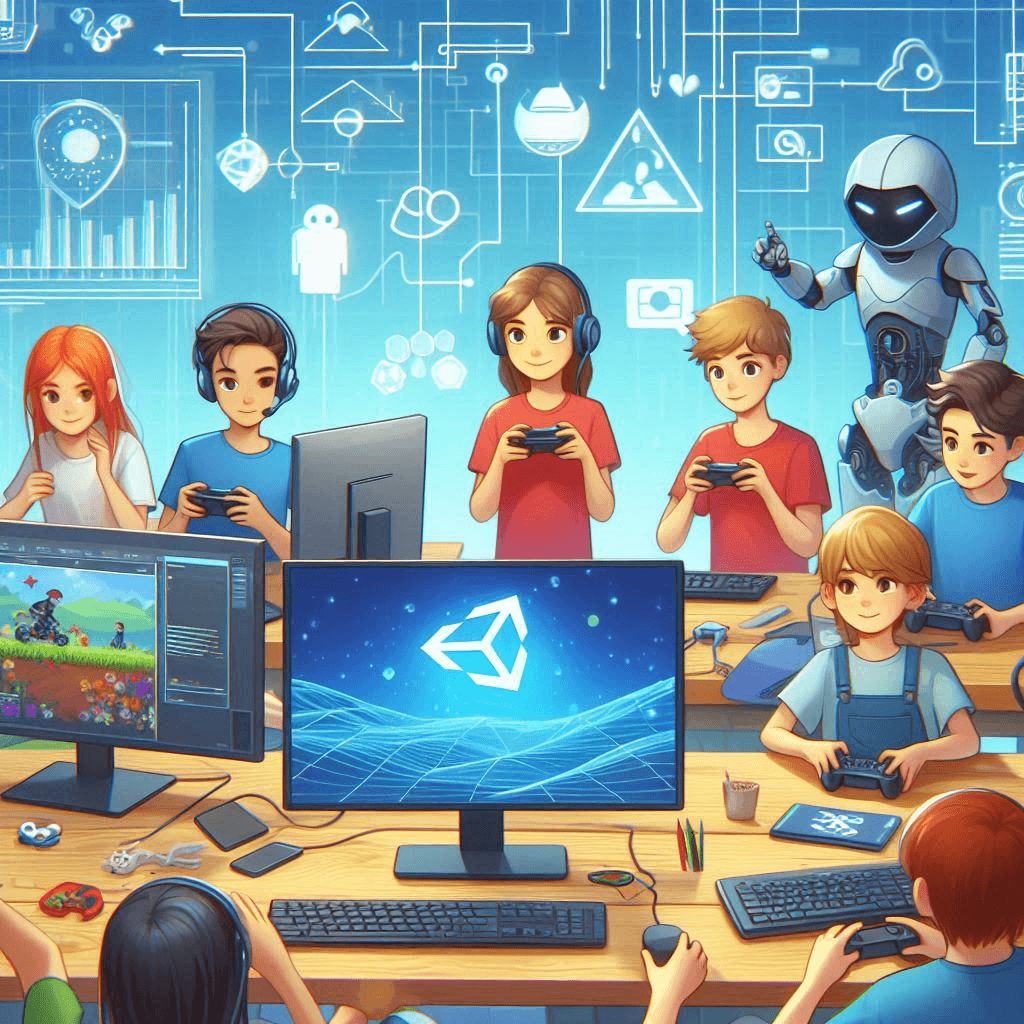
Build Simple Games: To have a true experience, an individual must first play some easy games, like riddles or platformers. These will let you learn. You'll also learn to combine game mechanics and PC interface designs. Plus, you'll improve gaming test methods.
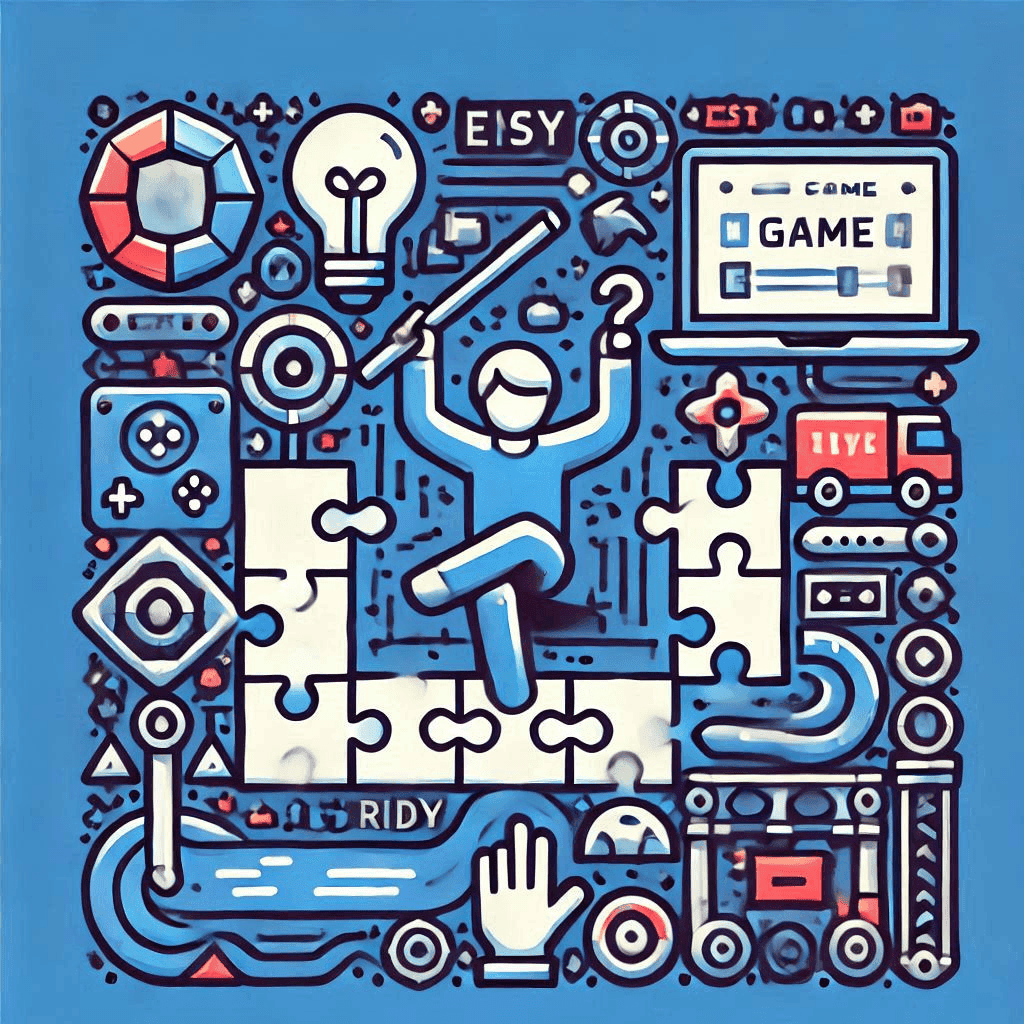
Expand Knowledge: Learn programming languages like Python, C++, C# or Java. They are not less in game programming and will be used to implement some of the coming generation of more complex game designs and game worlds.
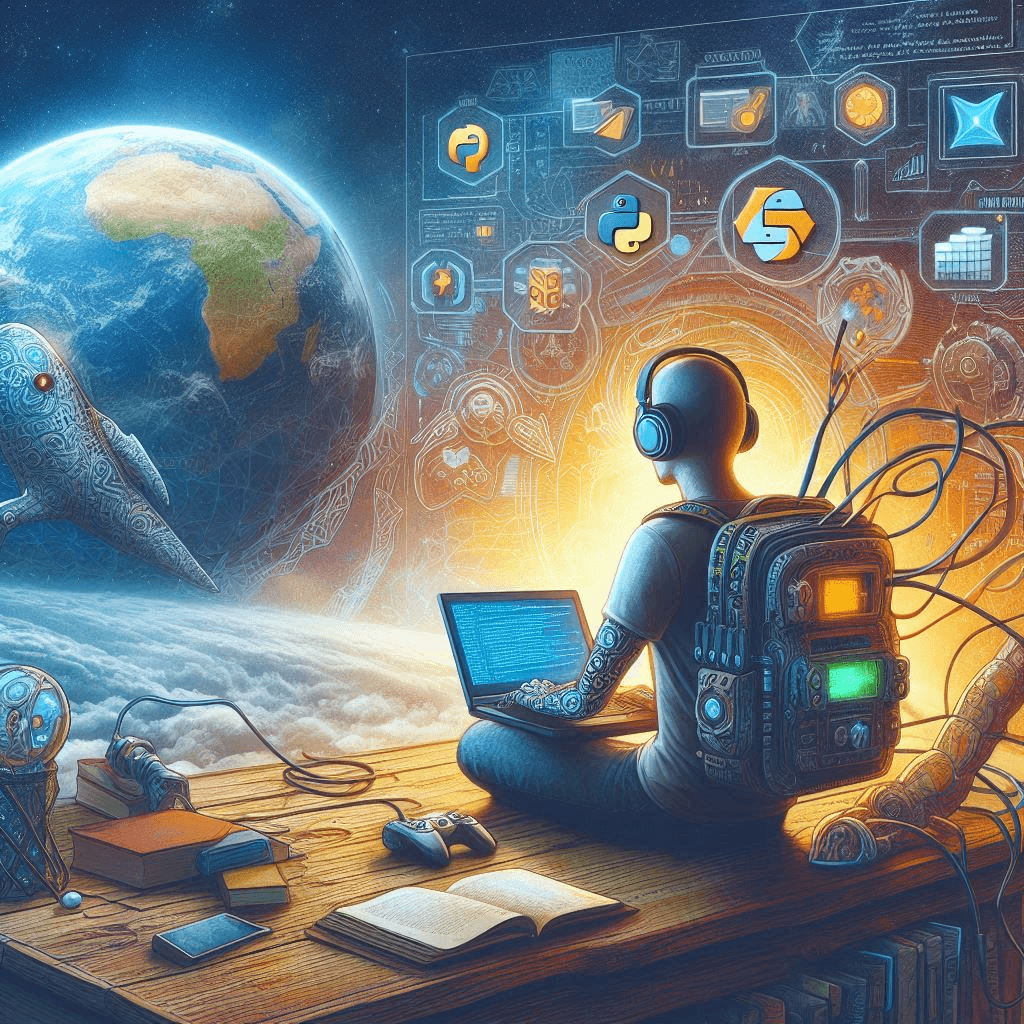
Join Game Development Communities: Try to interact with other students within the virtual community, where ideas,criticisms can be shared and technical experience can be gained. Their interaction with game development and career job placement in the gaming industry, can also be a result of networking.
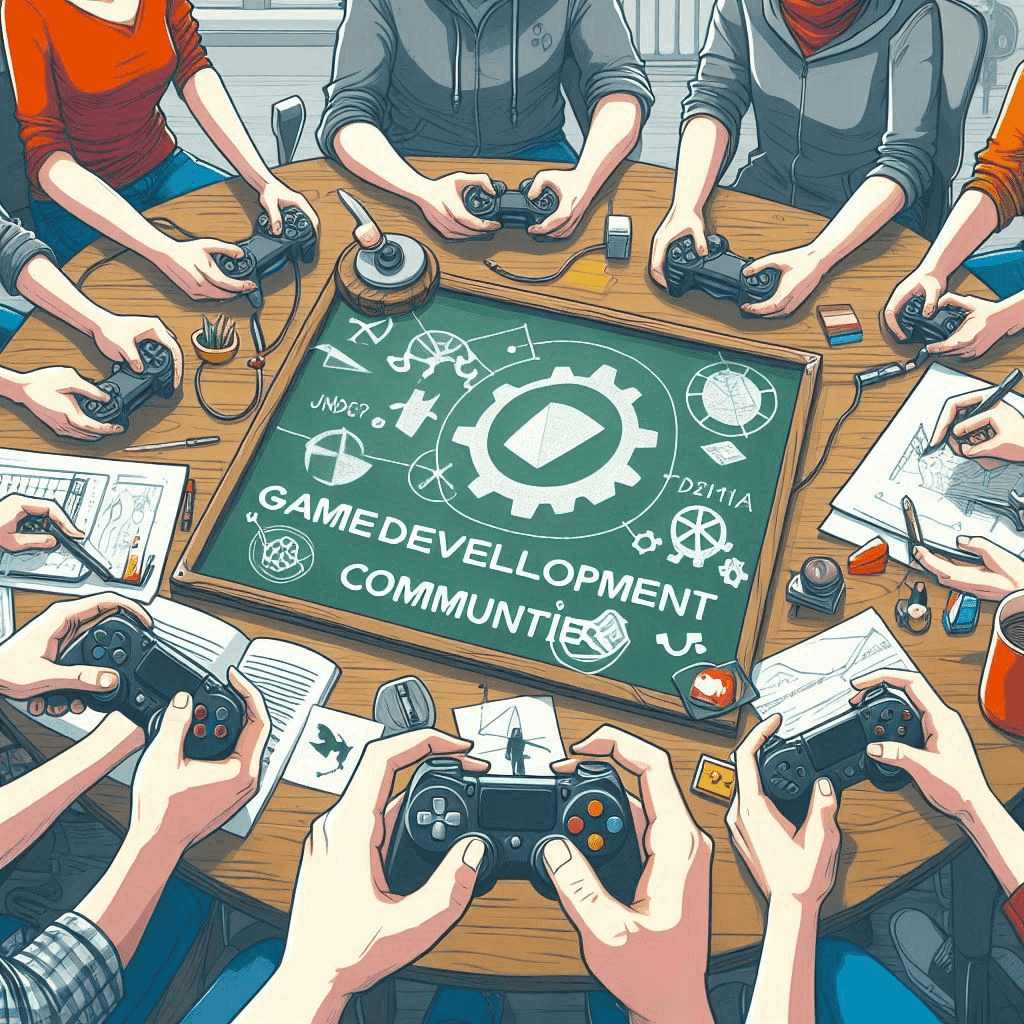
Keep Practicing and Experimenting: The key to improving your skills is consistent practice. Explore new ideas and keep updating knowledge of game mechanics, game design and performance analysis approaches to generate better game experiences.
Exploring Video Game Careers: Pathways from Player to Developer
The field of video games contains many other career paths and choices, ranging from creative game world designing to programming complex game play systems. If you are passionate about computer science and gaming, real-world opportunities exist to turn that interest into a video game career.
Roles in the Gaming Industry
Game Designers design the frame and the mechanics of a game. They choose how characters will behave, sound effects, and how levels will unfold. They also decide how players will experience the game space. Designers often use tools like level editors and asset pipelines. They use them to create a game's interactive elements.
Game Developers work on the technical side like programming. They also integrate the art assets into the game engines. They ensure the game runs well on different hardware.
Game Testers play a crucial role in quality assurance. They describe bugs, use the user interface to run tests and guarantee that the player controls are fluent. Game testers help resolve game mechanics too by testing games and detecting performance glitches during the dev cycle.
Game Producers oversee the development process and entire game’s lifecycle. They lead the development team. They watch the deadlines and keep the project's creative vision.
Real-World Opportunities for Teens
Teens aiming to enhance their careers in video games can gain experience in many ways. First, explore free or low-cost software tools. Try tools like Unity, Unreal Engine. They also can help to volunteer at game jams or to be part of online gaming company and communities, in order to meet other aspiring game development professionals.
Essential Skills for Teens Interested in Game Dev
Programming Skills: Programming is the backbone of game development. Learning programming languages like C++, Python, or JavaScript is essential. They are needed to code player controls and optimize game engines. These technical abilities enable you to breathe life into characters and game mechanics.
Creative Thinking: The creative process is also the foundation for creating game worlds, characters, and narratives. Creative abilities allow you to produce distinctive art assets, audio effects, and interactive components. Whether you’re imagining non-player characters’ behaviors or designing ambient sounds, creativity drives innovation in gaming.
Problem-Solving Skills: Game developers face many challenges. These include debugging tools, troubleshooting networks, and optimizing performance. So, they must have strong problem-solving skills. This ensures games run smoothly on various OS and hardware.
Collaboration: Collaboration is a cornerstone of success in game development. Game developers, designers, sound designers, and testers must work together in real time to create the game. Uniform collaboration ensures all elements match the artistic vision. This includes the visual effects, audio systems, player controls, and interactive components. Good communication and teamwork will reduce workflow. This will create a better final game.
The Role of Online Classes in Building Game Dev Careers for Teens
Online gaming courses for students are readily available now. Organized curriculums provide a structured approach to how to start game development, covering essential technical skills such as programming, game mechanics, and shader creation.
Industry professionals in the field guide students through practical applications, including designing interactive visual elements or complete games. Platforms like CodeYoung offer specialized courses tailored to game development for teens, helping them build confidence and prepare for exciting video game careers.
Conclusion
Game design can exploit leisure time as a profitable activity for teenagers. Teens can start their journey into the gaming industry by taking online courses, testing games, and reading industry news.
Parents and teens recognize that game development projects require time and dedication. This process opens up opportunities for those interested in game developer careers. With the right tools, students can gain real experience, helping them shape their career goals, even in video game careers.
Game Developer - FAQs
What are the benefits of pursuing game development for teens early?
Getting kids started with game development for teens early is helpful and great for developing their technical skills and creative thinking. It provides a strong foundation for those interested in video game careers, teaching high school students computer science, how to start game development, and essential game programming skills. They also learn design principles, which support problem-solving and logic building—valuable skills within and beyond the gaming industry.
Additionally, game development for teens encourages high school students to collaborate, simulating a team process. They can experiment with designing game characters, user interfaces, and immersive game worlds. These exercises enhance creative thinking and decision-making, which are essential for success in game dev careers.
How can gaming as a hobby lead to video game careers?
Gaming hobbies can be a stepping stone to professional life paths within the video games business sector. By playing different parts of the game, aspiring developers will learn about its mechanics, controls, and features.
Most game development for teens starts with playing games. Then, they become game designers, programmers, or artists. Also, gaming lets people join a wider community. They can track trends in game dev careers, game design, and development.
It may help find suitable careers, like quality assurance, audio systems, or data analytics. When gaming passion meets proactive steps to learn how to start game development, the goal of the dream job can become a real job.
Can playing games like the best games for 6 year olds help build skills for development?
Playing educational games for kids can build skills for later game development for teens. Teaching games that use basic programming and problem-solving skills may spark an early interest in the tech side of gaming. Such games typically have interactive elements and visual effects. They teach kids the basics of software engineering and game design.
For example, simple games and coding tasks expose kids to the skills needed for game developer careers. Early exposure to these games helps kids learn. They see how non-player characters, UIs, and ambient sound create immersive game worlds. It may inspire them to explore complex ideas and consider a video game career.
What creative skills are necessary for a successful career in video game careers?
Creative skills is an important part of everyone's career success fThe power of storytelling is at the heart of video game design. Good knowledge of visual components (i.e, graphic design and art assets) can help make games visually attractive and interesting. Logical reasoning and decision making plays an important role in level design and the design of game mechanics itself both to engage and to challenge players.
Creative skills are an important part of everyone's career success in a video game career. The power of storytelling is at the heart of video game design. Good knowledge of visual components (i.e., graphic design and art assets) can help make games visually attractive and engaging. Logical reasoning and decision-making play an important role in level design and the design of game mechanics, both to engage and challenge players.
Game developers also must become proficient at working collaboratively. Game development involves close collaboration with development teams, including game artists, sound designers, game programmers, and game producers.
What programming languages are most important for video game careers?
There are languages used by all serious aspiring professionals in game development for teens that are essential. Python is a language that beginners can learn easily. It's often used for prototyping and scripting. C# is widely used in game engines, like Unity, for its versatility and robustness. JavaScript is a key language for Web-based game development. It has powerful tools for creating interactive and visually rich experiences.
They are key to solving game development's technical issues. These range from designing non-player characters to integrating VR and network infrastructure. Knowing these languages lets future game developers handle different stages of development.
What are the best steps to begin game development for teens?
To start game development, teens should use easy platforms like Scratchor Roblox Studio. They can learn programming concepts in a fun, engaging way by building simple games. They focus on game mechanics, UI visuals, and audio. More experienced youngsters are now learning to use the harder engines like Unity and Unreal Engine in their portfolios. They should also join online communities, game jams, and follow industry news for trends and tips.
When students finish the following steps it will be necessary for them to produce a portfolio, introspect upon creative and technical aspects of their work and further develop it through technical expertise. This quest not only expands their knowledge of the life cycle of the game but also prepares them to move on into senior positions within the game industry.
What creative skills are necessary for a successful career in video game careers?
Success in video game careers needs both creative and technical skills. Professionals must tell stories. They must create characters that drive the narrative and evoke emotions in players. Technical skills like graphic design and shader development, can create the game's visuals and architecture. They can also immerse players.
Also, you must work with a team of game artists, sound designers, and producers. This teamwork guarantees a smooth merging of each component, from the sound elements to art assets. If these creative skills are mastered, people have a place in the video game industry where they can help create cutting edge and successful games.
Comments
Your comment has been submitted